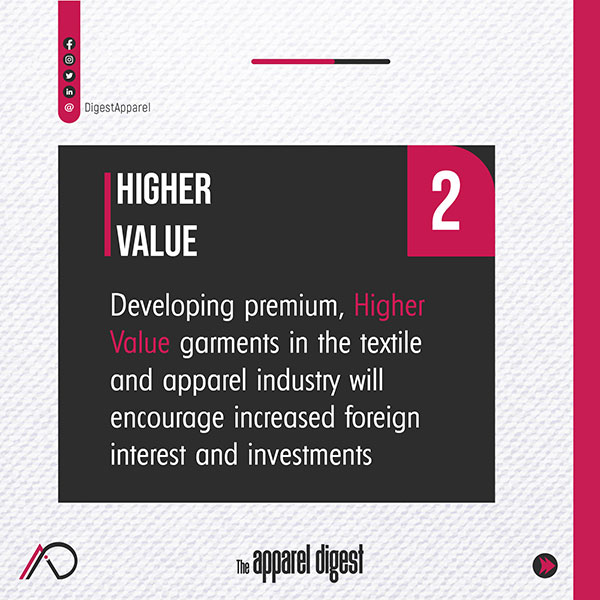The Bangladeshi garment industry, a major supplier for global fashion brands, has faced significant challenges recently. Internet disruptions and political unrest have caused delays in production and shipping, complicating communication between suppliers and buyers.
In such situation, Swedish apparel retailer H&M has announced that it will not seek discounts from its suppliers in Bangladesh for any delays in order deliveries.

The announcement by H&M is particularly noteworthy as it underscores the brand’s dedication to supporting its suppliers amid challenging circumstances. The decision aligns with H&M’s broader strategy of maintaining strong and fair relationships with its suppliers. This approach is expected to foster greater trust and stability within the supply chain, ensuring that suppliers are not financially penalized for delays beyond their control.
“H&M teams on the ground are continuously monitoring the developments. We are also maintaining a close dialogue with our business partners and other stakeholders,” Iñigo Sáenz Maestre, H&M Group Media Relations, said Textile Today.
“We have expressed to our suppliers that we would not seek any discount due to delays that might happen under the current circumstances, and we continue assessing the situation on daily basis,” Iñigo Sáenz Maestre added.
“At H&M Group we are committed to developing responsible purchasing practices that ensure we are a fair business partner,” At H&M Group we are committed to developing responsible purchasing practices that ensure we are a fair business partner,” Iñigo Sáenz Maestre concluded.
H&M’s stance contrasts with some other global retailers who have pressured suppliers for discounts during delays, adding financial strain to an already stressed industry. By choosing not to follow this path, H&M is setting a precedent for ethical sourcing and supplier support.
This move is consistent with H&M’s past actions. The company had previously increased unit prices to accommodate the minimum wage hikes in Bangladesh, demonstrating its willingness to absorb additional costs to support better wages and working conditions for garment workers. This practice is part of H&M’s broader commitment to responsible purchasing and sustainable business practices.
H&M sources garments from about 1,000 factories in Bangladesh, according to a supplier list on the company’s website.

